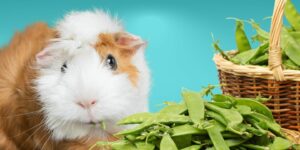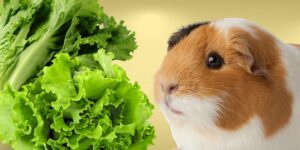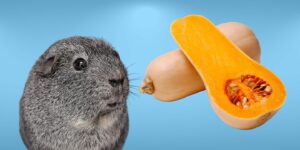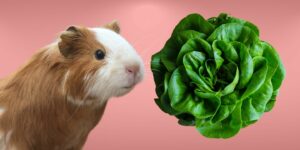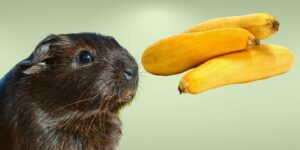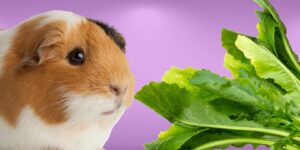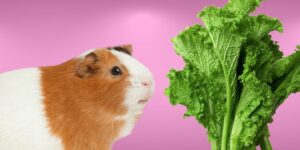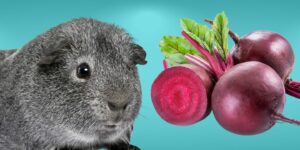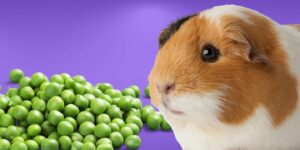The importance of a proper diet for Guinea pigs cannot be overstated, as it significantly affects their overall health and longevity. A common misconception is that feeding potatoes to Guinea pigs is safe, but this is far from the truth. In fact, potatoes and other nightshade vegetables can be quite harmful to Guinea pigs due to their solanine content.
The Nightshade Family and Solanine
The nightshade family of vegetables includes potatoes, tomatoes, eggplants, and peppers. The primary concern with feeding nightshade vegetables to Guinea pigs, specifically potatoes, is the presence of a natural toxin called solanine. This compound is found in all parts of the potato plant, including the leaves, stems, and tubers, and it can have adverse effects on Guinea pigs.
Solanine Toxicity in Guinea Pigs
Symptoms of solanine poisoning in Guinea pigs include gastrointestinal upset, tremors, paralysis, and even death. To prevent solanine toxicity, it is crucial to avoid feeding any part of the potato plant to your Guinea pig. If you suspect your Guinea pig has consumed potatoes, seek immediate veterinary attention.
Alternatives to Potatoes for Guinea Pigs
A balanced diet is essential for Guinea pig health, and this includes a variety of safe vegetables and fruits. Some alternatives to potatoes that are safe for Guinea pigs include:
- Bell peppers
- Carrots
- Cucumbers
- Kale
- Romaine lettuce
- Parsley
- Spinach
- Zucchini
Tips for Introducing New Foods to Guinea Pigs
When introducing new foods to your Guinea pig's diet, it's recommended to add one food at a time to monitor for any allergic reactions or digestive issues. Always wash and prepare fresh produce before feeding them to your pet, removing seeds, and chopping them into small pieces.
The Role of Hay in a Guinea Pig's Diet
Hay plays a crucial role in a Guinea pig's diet, providing essential fiber for healthy digestion and helping maintain their dental health. Ensure your Guinea pig has access to an unlimited supply of fresh, quality hay, such as Timothy hay or Orchard grass.
Supplements and Vitamin C for Guinea Pigs
Guinea pigs require a consistent source of Vitamin C in their diet, as they are unable to produce it themselves. Many vegetables and fruits can provide this essential nutrient, including bell peppers, kale, and parsley. Signs of Vitamin C deficiency in Guinea pigs include lethargy, joint pain, and weight loss. Consult your veterinarian if you suspect a deficiency in your pet.
Feeding Schedule and Portion Control for Guinea Pigs
Establish a consistent feeding routine for your Guinea pig, offering them a small handful (about 1/8 to 1/4 cup) of chopped vegetables daily. Moderation and variety are key to ensuring your Guinea pig receives all the necessary nutrients.
Importance of Monitoring Your Guinea Pig's Health
Regular check-ups with a veterinarian ensure your Guinea pig remains in good health. Observe your pet for any changes in behavior, appetite, or overall health and consult your veterinarian if you have any concerns.
Conclusion
Feeding potatoes to Guinea pigs is dangerous due to the toxic nature of solanine. To ensure the health and happiness of your pet, provide a balanced and nutritious diet featuring a variety of safe vegetables, fruits, and hay. Remember to consult with a veterinarian if you have any concerns about your Guinea pig's diet.



